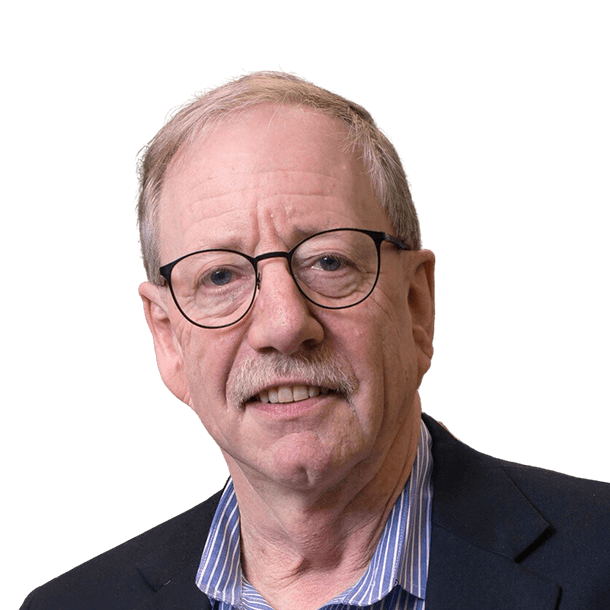View the archive of my 90-minute class and discover the Five Things I’ve Learned from researching the lives of animals in the wild about human health and our own aging process.
I’m Dr. Steve Austad. For more than 40 years, I’ve devoted myself to researching the strategies developed in other species that combat fundamental aging processes. I’m the Distinguished Professor of Biology at the University of Alabama at Birmingham, but I’ve also traveled the world – playing in the laboratory of nature, studying long-lived animals in the wild to learn about our own aging process.
My research is built on the hypothesis that our long-lived relatives could hold the key to our own efforts to live longer healthier lives. I look forward to sharing some of the most important things I’ve discovered with you in my upcoming class, Five Things I’ve Learned about What Nature Can teach Us About Living Longer, Healthier Lives. As I’ll explain, what I’ve learned – both in nature and in the laboratory – is remarkable.
My recent book, Methuselah’s Zoo, tells stories of our long-lived animal relatives who live extraordinarily long lives – from clams, to elephants, to tortoises, and beyond. At the heart of this book are the linked questions that drive my work: Why can’t nature, which is so successful at producing healthy adults from single fertilized eggs, do the seemingly much simpler task of keeping that adult healthy through time? Why do some animals like mice age quickly, while others – like bats, birds, whales, and people – age slower? Why do so many animals benefit from natural aging strategies that are even better than those we humans have?
We still don’t know everything about why animals (including humans) age. But we have learned a great deal, and we’re learning more every day. In our time together, I’ll help you understand the importance of five fundamental ‘tips’ that explain some animals’ exceptional longevity in the wild:
- Size matters – get big
- Get a crown (no, not like British Royalty, although great healthcare has probably helped them live longer than most of us)
- Be a bat
- If you can’t be a bat, be a bird
- Live cold and slow
More importantly, I’ll explain what these discoveries in nature – and what related discoveries in scientific laboratories like mine – are teaching us about ways we can successfully extend human health.
Animals have much to teach us about the ways we can live better longer. I hope you’ll join me.
– Steven Austad

